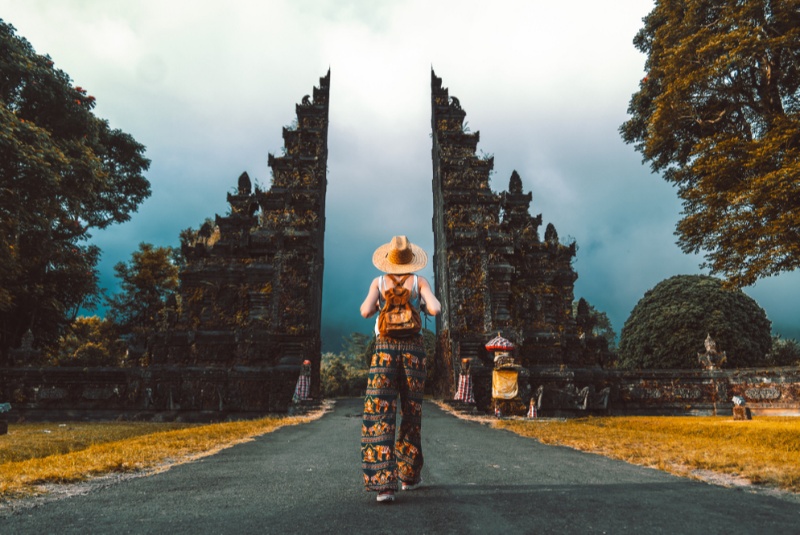As globalization continues to weave humanity more tightly together, it's essential to maintain a sense of individuality in the tapestry. One of the most enriching ways of understanding this individuality is through the exploration of different cultural lifestyles. By exploring these diverse ways of life, we gain insight into what makes each culture unique and learn to value the diversity of human experience.
The Eastern Philosophy
Eastern cultures, predominantly seen in Asian countries like China, Japan, India, and Korea, are often associated with a collective, family-centered lifestyle. A significant tenet of these societies is the emphasis on respect for elders and authority. Age is seen as a sign of wisdom, and the elderly often play central roles in family decisions and community leadership.
In many Eastern cultures, spirituality forms an integral part of daily life. For instance, the teachings of Buddhism and Hinduism in India influence practices such as yoga and meditation, promoting a balanced lifestyle and inner peace. Similarly, the concept of 'ikigai' in Japan - the reason for being - encourages individuals to find joy and purpose in everyday activities.

The Western Individualism
Contrasting this is the Western culture, particularly as seen in North American and European societies. Western cultures are often characterized by individualism, freedom, and independence. The pursuit of personal ambitions, self-reliance, and self-expression is highly valued. This focus on individual accomplishment is evident in the importance placed on personal career success and innovation.
Western societies also emphasize democratic principles and equality. Freedom of speech, open debate, and the encouragement of differing viewpoints form the foundation of Western societal structures.
The African Community Spirit
African cultures, with their vibrant diversity, stand testament to a communal way of life. 'Ubuntu' – a philosophy from Southern Africa – encapsulates this beautifully. It says, "I am because we are," emphasizing community, humanity, and shared destiny. Most African societies also have a deep-rooted respect for ancestors, with many cultural practices and traditions reflecting this belief.
A unique aspect of African culture is the richness of oral tradition. Storytelling is a means of educating younger generations, preserving history, and instilling moral values. African music and dance, too, are integral to their lifestyle, often reflecting societal norms and roles.
The Latin American Vibrancy
Latin American cultures offer a vibrant blend of indigenous, European, and African influences. One of the region's defining characteristics is its passion for life, vividly expressed through music, dance, and festivals. The concept of 'Fiesta', a communal celebration marking significant life events, exemplifies this passion.
Family plays a crucial role in Latin American societies, where large, extended families provide a robust support system. This emphasis on family is matched with a deep-rooted religious faith, predominantly Catholicism, shaping societal values and rituals.
The Middle Eastern Hospitality
Middle Eastern cultures are renowned for their hospitality and respect for guests. This region, known as the cradle of civilization, boasts a rich historical and cultural heritage.
The Islamic faith forms the backbone of many Middle Eastern cultures, guiding social norms, laws, and daily routines. Another key characteristic is the importance of family and community, similar to many Eastern cultures.
In exploring these diverse cultural lifestyles, one theme stands clear: despite our differences, there are universal human values that transcend cultural boundaries. Respect for elders, the importance of family, community support, spirituality, and hospitality are values that echo in every culture.
Through such exploration, we do not just acknowledge and appreciate our diversity but also find shared threads of humanity. In understanding different cultural lifestyles, we are better equipped to promote tolerance, unity, and peace in our increasingly globalized world.




